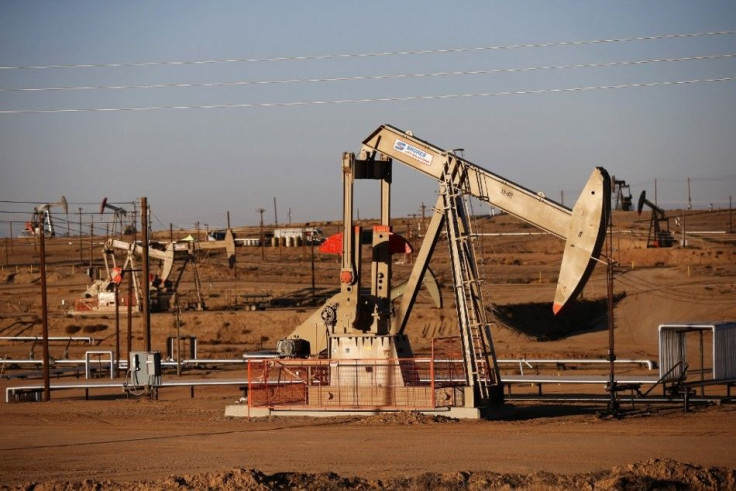Oil Price Drop Raises Deflation Concerns In Spain—Report

Fall in the oil prices have reportedly led to a fall in consumer prices in Spain, raising concerns about deflation in the country. Europe has been one of the most watched regions in the world, especially in the past few months with the possibility of a recession looming large on many of the economies there.
The global crude oil prices have dropped to below $54 for the first time since the recession in 2008. According to a report by Bloomberg, the drop in the oil prices have led to difficulties for the European Central Bank to combat deflationary trends.
The Spanish consumer prices have reportedly fallen 1.1 percent this month, according to the National Statistical Institute in Madrid. The slide in the consumer prices is reported to be the sixth in succession. The European Central Bank is reportedly considering sovereign bonds purchases and quantitative easing to arrest a downward spiral of deflation.
The Spanish government has reportedly denied that the economy faces deflation. The Economy Minister Luis de Guindos reportedly views the drop in consumer prices as a natural consequence of the falling oil prices. In his view, the falling consumer prices are a positive phenomenon for the economy.
Supply concerns from Libya have also failed to stop the sliding oil prices. According to a report by Reuters, the oversupply of the commodity in the global markets has been one of the major driving forces in the drop of its price.
The rise in supply of high-quality light oil from U.S shale and a fall in global oil demand are said to be pushing the commodity price lower. The fall in oil demand globally is said to be due to a slowdown in global economic activity in some countries.
Taking stock of the current situation with low oil prices, the officials of the European Central Bank will reportedly consider a quantitative easing package when they meet to discuss the monetary policy on Jan 22, 2015. The option to purchase government bonds is also said to be on the table for the officials to consider.
With OPEC countries refusing to cut production, oil prices have continued to fall. Some of the non-OPEC countries who are heavily dependent on oil exports, like Russia, are already facing problems due to the low price of the commodity.
For questions/comments regarding the article, you may email the writer at s.trivedi@ibtimes.com.au






